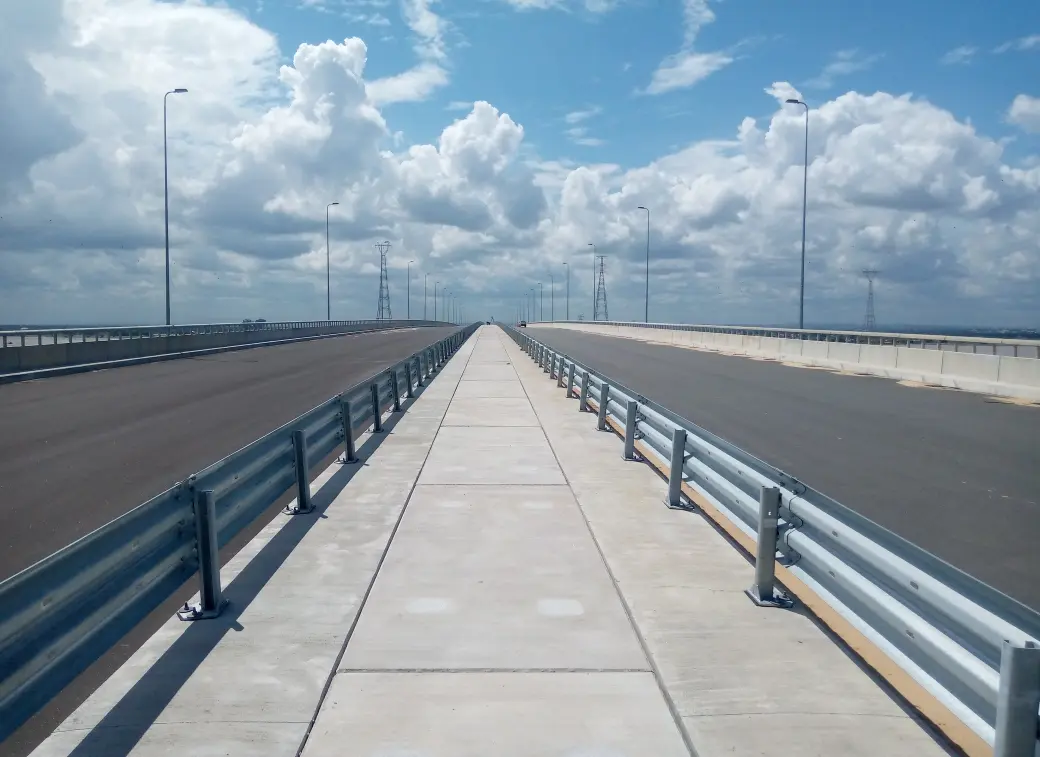By Ifeyinwa Chime
International Day of the Girl 2022 has come and gone. Should we simply tick done and move on? I say no. Let’s us continue celebrating and working for the good of our female children.
This year the International day of the girl child was celebrated on Tuesday 11th October 2022. Its theme was “Our time is now- our rights, our future.” 2022 commemorates the 10th anniversary of the International Day of the Girl (IDG).
The Girl-child is a biological human female offspring from birth to eighteen years of age. Recently, we have seen a surge of Girl-child education debates surrounding the primary, secondary, tertiary and health/safety education in particular for girls and young women.




















